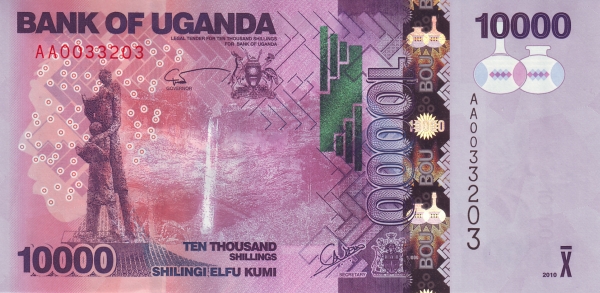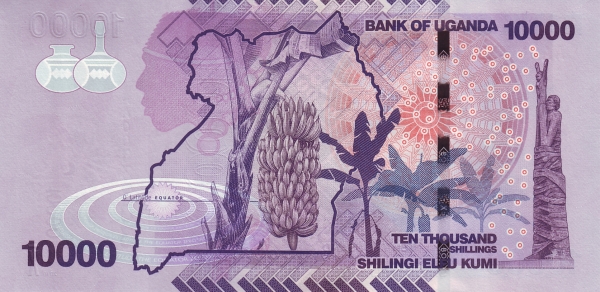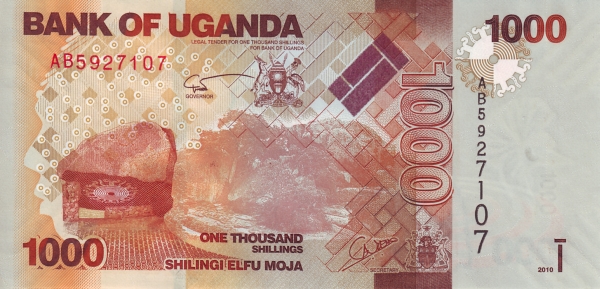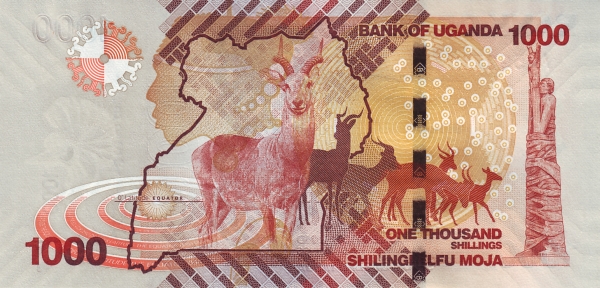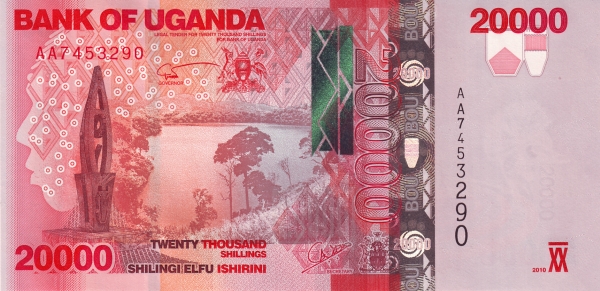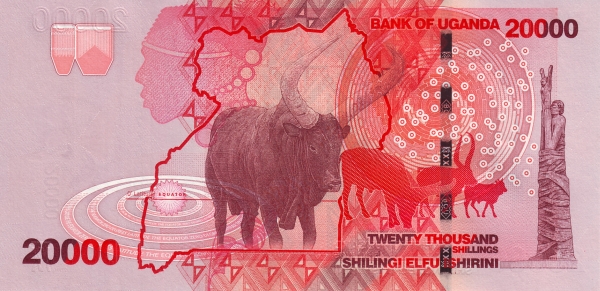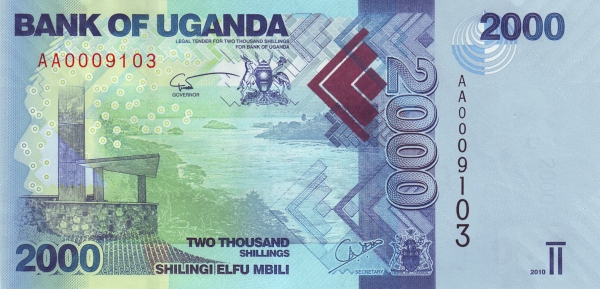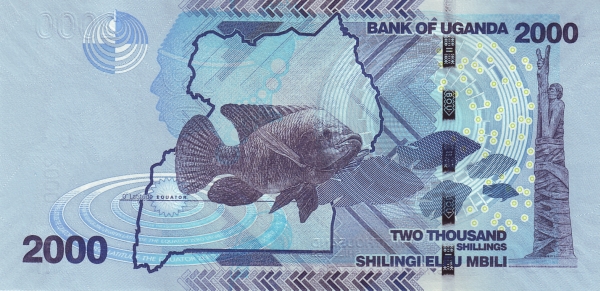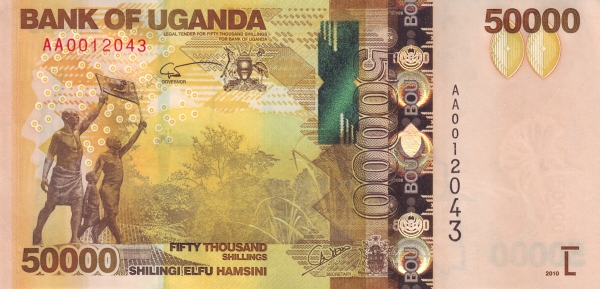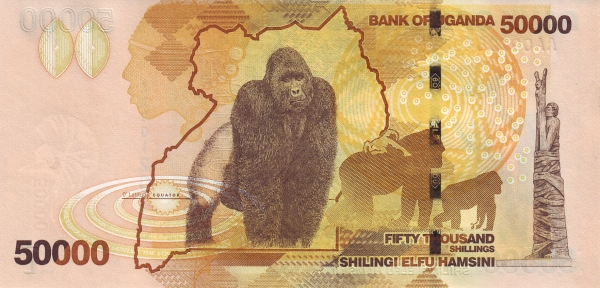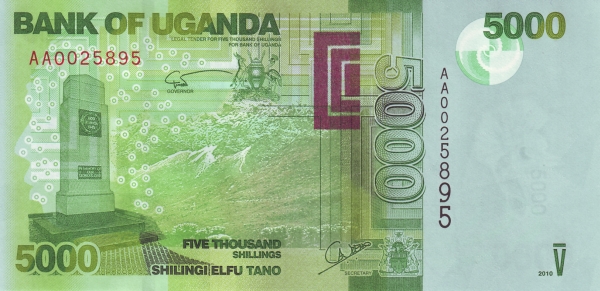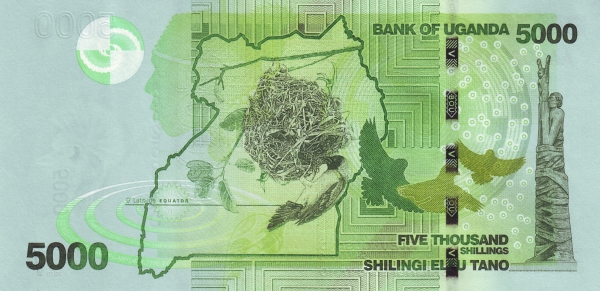Discovering Uganda: A Vibrant East African Gem
Uganda, officially known as the Republic of Uganda, constitutes a landlocked nation in East Africa. This captivating country shares its borders with Kenya to the east, South Sudan to the north, the Democratic Republic of the Congo to the west, and, to the south-west, Rwanda and Tanzania. One cannot overlook the substantial section of Lake Victoria that Uganda encompasses, a remarkable freshwater lake also shared with its neighbors, Kenya and Tanzania. Nestled within the African Great Lakes region, Uganda lies within the iconic Nile basin and enjoys a diverse equatorial climate. As we approach 2024, Uganda has impressively cultivated a population of over 49 million residents, with around 8.5 million of them residing in its bustling capital, Kampala.
The Cultural Tapestry of Uganda
The name "Uganda" originates from the influential Buganda kingdom, which occupies a significant portion of the country's southern region, including the capital city, Kampala. In this vibrant nation, the Luganda language enjoys widespread use, holding an essential place in Ugandan culture, while English serves as the official language. Historically, diverse ethnic groups initially populated the region, and subsequently, Bantu and Nilotic groups migrated approximately 3,000 years ago. These groups established powerful kingdoms, most notably the Empire of Kitara, which played a crucial role in the region's cultural and political dynamics.
Early Influences and Colonization
During the 1830s, Arab traders ventured into Uganda, initiating a wave of foreign influence that would change the country’s course. Furthermore, British explorers began arriving towards the late 19th century, significantly impacting Uganda's political landscape. The British established the Protectorate of Uganda in 1894, an arrangement incorporating various kingdoms and laying groundwork for Uganda's future political dynamics. Notably, Uganda gained its independence in 1962, marking a new chapter with Milton Obote emerging as the first prime minister. However, the subsequent Mengo Crisis in 1966 catalyzed conflict with the Buganda kingdom, illustrating the complexities of Uganda’s governance.
The Tumultuous 20th Century
In a dramatic turn of events, Idi Amin's military coup in 1971 plunged Uganda into a harrowing period marked by mass killings and significant economic decline. This brutal regime persisted until Amin's overthrow in 1979, leading to substantial changes in the political landscape. Subsequently, Yoweri Museveni's National Resistance Movement (NRM) came to power in 1986 following a protracted six-year guerrilla struggle. While Museveni's leadership brought much-needed stability and growth, the shadow of authoritarian practices and human rights abuses loomed large. Issues such as the abolition of presidential term limits and allegations of electoral fraud have ignited concerns regarding Uganda's democratic trajectory.
Continued Challenges
Following elections in 2011, 2016, and 2021, Museveni's presidency has faced increasing scrutiny. Despite notable advancements in education and health sectors, challenges such as corruption, human rights issues, and regional conflicts cast a pall over Uganda’s development. For instance, the Congo Wars and the ongoing struggle against the Lord's Resistance Army (LRA) continue to stretch Uganda's resources. Nonetheless, significant strides have been made, with literacy rates improving and the incidence of HIV infections declining, even as the nation faces ongoing maternal health and gender inequality challenges.
Geographic Diversity and Economic Potential
Geographically, Uganda boasts a diverse landscape characterized by volcanic hills, majestic mountains, and an array of lakes, prominently featuring Lake Victoria, acclaimed as the world's second-largest freshwater lake. The nation's rich natural resources, including fertile agricultural land and promising untapped oil reserves, play a pivotal role in driving economic development. Notably, the service sector now outpaces agriculture, contributing significantly to Uganda's economy.
A Treasure Trove of Biodiversity
Ukraine's ecological wealth extends beyond its resources. The country features numerous national parks and wildlife reserves, each showcasing Uganda's rich biodiversity. These natural wonders not only serve as crucial components of the ecosystem but also attract tourism, an increasingly vital sector that boosts the economy. By prioritizing sustainability in ecological management, Uganda position’s itself as a destination for responsible tourism, where visitors can experience the stunning landscapes and vibrant wildlife.
Memberships in Global Organizations
As a committed member of the global community, Uganda participates in significant international organizations, including the United Nations, the African Union, the G77, the East African Community, and the Organisation of Islamic Cooperation. These affiliations underscore its dedication to global collaboration and development, while also addressing regional concerns and contributing to peace and stability within East Africa.
The Rich Historical Tapestry of Uganda
The historical account of Uganda reveals a rich tapestry woven from various cultural influences. Between 3000 years ago and the present, Central Sudanic and Kuliak-speaking farmers and herders inhabited much of Uganda. The migration of Bantu speakers to the south, along with Nilotic speakers arriving in the northeast, significantly shaped Uganda's cultural landscape. By 1500 AD, the assimilation of these groups into Bantu-speaking cultures laid the groundwork for the flourishing kingdoms of the region.
The Rise of the Empires
According to oral traditions and archaeological evidence, the Empire of Kitara emerged as a dominant power within the Great Lakes area, encompassing territories from Lake Albert in the north to Lake Victoria in the south. This empire is often cited as the precursor to many prominent kingdoms in present-day Uganda, including Tooro, Ankole, and Busoga. Over time, various migrations, including those of the Luo, influenced the landscape of power and culture in Uganda, leading to the establishment of new ruling dynasties.
Encounters with Foreign Powers
As Uganda continued to evolve, the arrival of Arab traders during the 1830s marked another pivotal moment in its history. These traders opened avenues for commerce, although conflict soon arose when Egyptian-sponsored agents threatened Bunyoro in the late 1860s. Unlike traditional traders, these foreign agents harbored ambitions of conquest. In response, British explorers, alongside missionaries, began to arrive in Uganda, further complicating the socio-political framework of the kingdom. The ensuing dynamics culminated in a period filled with religious conflict, spurred by the competing influences of Protestant and Catholic factions.
The Establishment of British Authority
The simmering tensions ultimately led to a British annexation of Buganda, allowing them to establish the Uganda Protectorate in 1894. This new authority sought to maintain control over valuable trade routes, particularly along the iconic Nile River. However, internal unrest persisted, leading to a struggle for power between different religious and political factions. The British government faced numerous challenges while trying to stabilize the region amid brewing conflicts.
In summary, the past and present of Uganda intertwine to create a unique narrative rich in culture, resilience, and resources. As the nation progresses, it stands at a crossroads, bearing the weight of its complex history while striving for a sustainable future grounded in governance, development, and human rights.
Largest cities of: Uganda
| City Name | Population | Year of foundation | |
| Kampala | 1,732,000 | 1888 | |
| Wakiso | 2,400,000 | 1880 | |
| Mbarara | 195,000 | 1983 | |
| Gulu | 146,000 | 1986 | |
| Lira | 106,000 | 1980 | |
| Mbale | 100,000 | 1922 | |
| Jinja | 85,000 | 1986 | |
| Fort Portal | 56,000 | 1986 |
Uganda: Money
